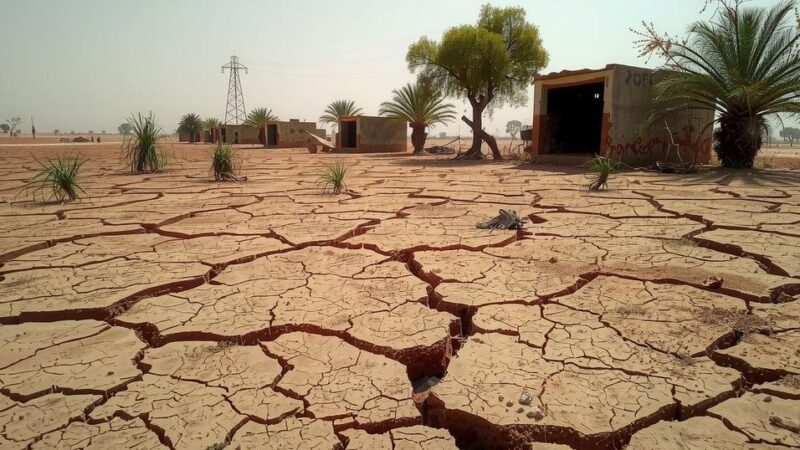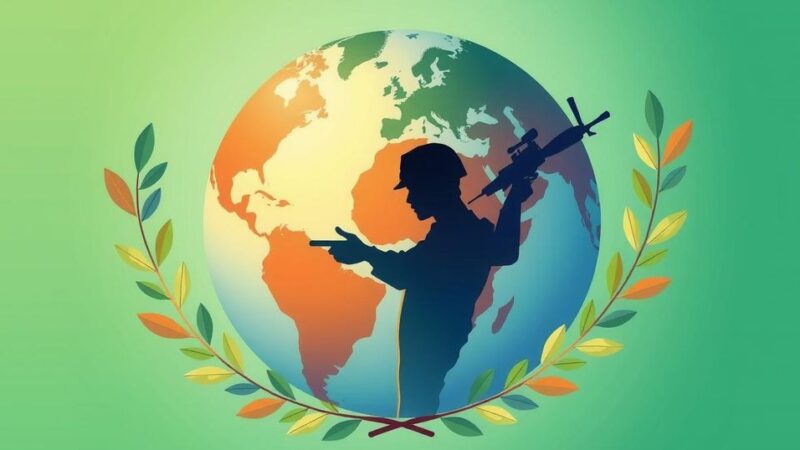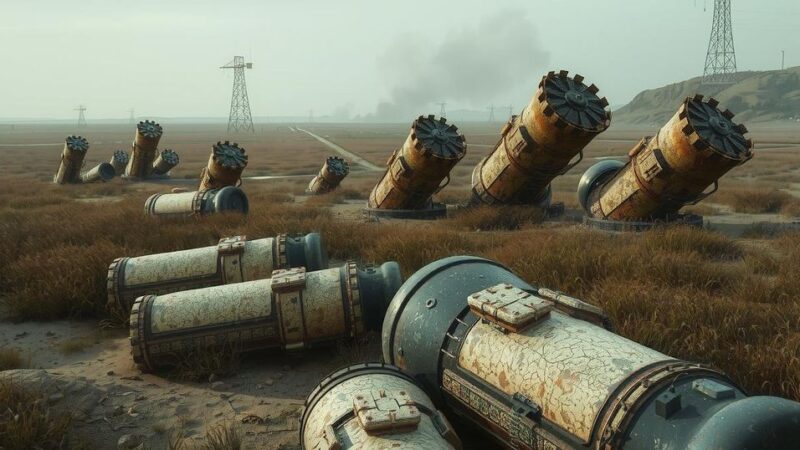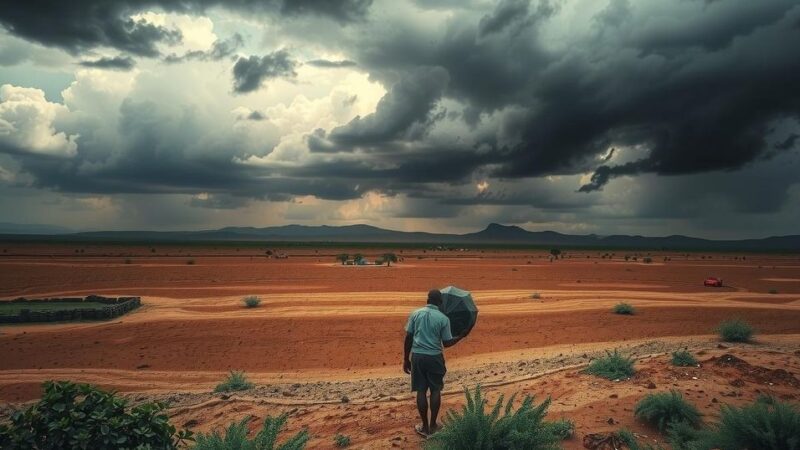Recent military activities in Sudan have led to the SAF reclaiming Khartoum, a city now reeling from conflict and human suffering. Local aid efforts are crucial yet vulnerable, with increasing blockades on aid access. The SAF’s control may not lead to stability, as the RSF maintains power in Darfur. Analysts express concerns over escalating violence and urge the international community to prioritize humanitarian needs without politicization.
In recent developments in Sudan, the de facto military ruler visited Khartoum’s presidential palace after his forces secured the city from a rival paramilitary group, raising questions about the future stability of the conflict-stricken nation. Once a booming capital, Khartoum now faces devastation, with residents displaced and infrastructure destroyed. Aid worker Mathilde Vu expresses deep concerns over the dire humanitarian situation, highlighting the large number of deaths due to hunger in Sudan, previously referred to as the breadbasket of East Africa.
Vu emphasizes the critical role local responders play in providing humanitarian assistance despite operating with minimal resources or recognition. They have implemented crucial efforts such as organizing evacuations, running soup kitchens, and offering psychosocial support. However, these grassroots initiatives are under severe threat, particularly following the violent escalations in March, which resulted in the deaths of at least ten local responders, severely impacting food distribution efforts.
The Sudanese Armed Forces (SAF) have made significant territorial gains, controlling key locations including the presidential palace and central bank. Nevertheless, it remains uncertain whether these military advancements will lead to long-term stability. Political scientist Abiol Lual Deng warns that while the SAF’s control of Khartoum may permit some humanitarian aid to re-enter, the overwhelming scale of need across the country cannot be addressed by limited aid flights alone.
Khartoum’s collapse has crippled the economy, impacting vital financial institutions and trade corridors. The SAF’s ongoing control hinges not only on military strength but also on the stabilization of essential services to support civilian life. Many displaced individuals are contemplating returning to their neighborhoods despite perilous conditions, as noted by analyst Dallia Abdelmoniem, who highlights that civilians lack alternatives and must navigate a hostile environment.
Despite the SAF’s reclaimed power in Khartoum, the RSF remains entrenched in Darfur, continuing its parallel governance and maintaining influential networks. Political analysts express concern that the SAF’s military momentum may motivate it toward pursuing a complete military resolution rather than engaging in dialogue, indicating a potential resurgence of conflict in Darfur.
As the conflict persists, civilians suffer grave consequences, especially in besieged areas like Al-Fasher and Zamzam camp, where they endure dire conditions while attempting to flee danger. Vu illustrates the harrowing experiences of families attempting to escape during the night to avoid detection. Access to humanitarian aid remains critically limited, as both sides obstruct assistance, particularly in RSF-controlled regions where famine conditions intensify.
Nonetheless, international humanitarian organizations strive to mediate access amid the chaos, although their efforts vary significantly based on external pressures. Criticism of the international community’s responses to the crisis underscores a need for a more unified effort to address humanitarian needs independently of political considerations. Vu asserts the necessity for humanitarian access to persist unconditionally.
The internal stability of the SAF is also in question, with reports indicating potential fractures within the army and allied militias. The fluid situation forces analysts to reconsider how much of the conflict is influenced by external geopolitical factors, recognizing Sudan’s strategic significance in the region. With the SAF regaining control of Khartoum, the city’s future remains uncertain, as displaced residents navigate the aftermath of destruction, and ongoing warfare continues to complicate any potential political resolutions.
The recent reclaiming of Khartoum by the SAF highlights significant challenges for Sudan, where humanitarian crises escalate amidst ongoing conflicts. While local responders provide critical support, the situation remains dire as food insecurity and disrupted infrastructure profoundly affect civilian lives. With the RSF entrenched in neighboring areas and geopolitical dynamics complicating the conflict, achieving stability in Sudan necessitates urgent international engagement to prioritize humanitarian access and address the underlying causes of instability.
Original Source: www.arabnews.com






